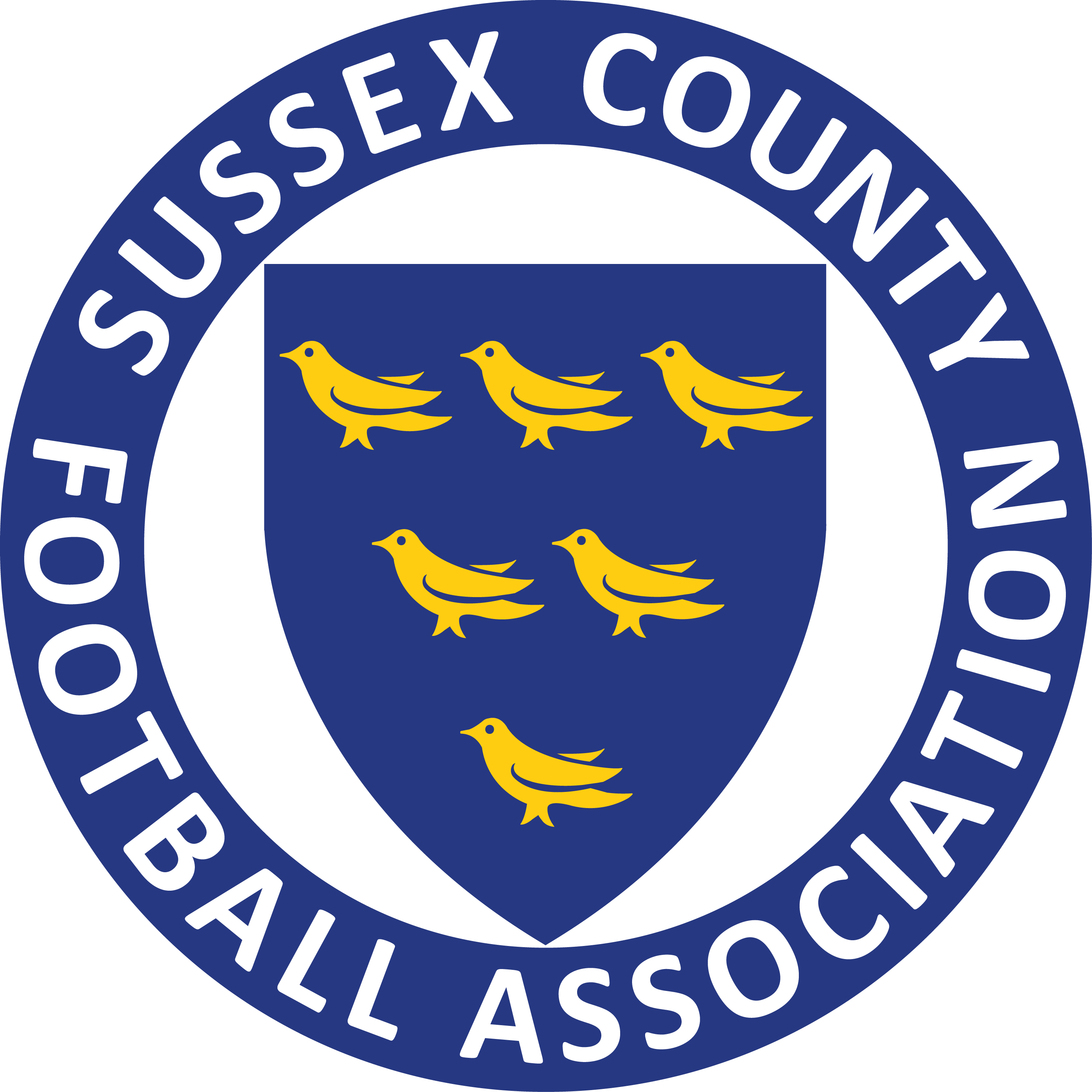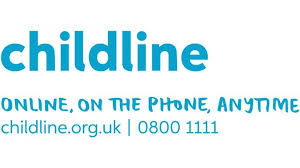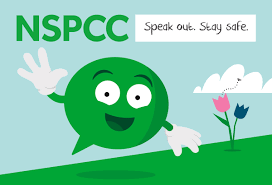Safeguarding
The Role of the Club Welfare Officer
All sports have a responsibility to ensure they provide a safe and fun environment for children and young people. Through the Every Child Matters: Change for Children programme, the government makes it very clear that sport has to put safeguards in place. Football, along with other sports believe the best way to do this is to appoint a Welfare Officer.
Football accepts it has a clear responsibility towards young people. Making sure everyone knows how to report concerns about a child’s welfare is essential. Knowing how to deal with poor practice issues is also vital. Lots can be done very simply – but football needs leagues and clubs with youth teams to appoint a Welfare Officer.
Should you have any concerns about a players welfare, please do not hesitate to contact the club welfare officer on: [email protected]
What does a Welfare Officer do?
Welfare Officers have two key roles:
Be informed and aware of the league or club’s responsibilities when running football activities for children and young people. For example:
- ensuring these responsibilities are well understood by others; and
- developing best practice processes.
Helping league and club personnel understand their ‘duty of care’ towards children and young people. For example:
- ensuring all relevant people complete The FA’s ‘Safeguarding Children’ training programme;
- helping to make sure trips away are organised properly; and
- managing the roll out of FA CRB checks.
Thinking about becoming a club welfare officer?
The type of person who would make a good Welfare Officer is someone who:
- Always puts children’s welfare first
- Is a good communicator
- Has a common sense approach
- Is willing to learn and seek advice
- Is over the age of 18
You might want to go for this role if:
- You want children/youngsters to be safe and have fun
- You can see a number of ways the league or club could be improved
- You feel a bit more planning would make a huge difference
- You don’t fancy coaching, but you want to support your child’s club
- You love working with young people and are willing to learn
- You have just the right skills
Welfare Officers don’t need to have a professional background in Safeguarding Children, but they do need to:
- Have the interests of the child at heart and the ability to maintain this perspective when dealing with situations that may arise
- Attend The FA’s Safeguarding Children Workshop and the specific Welfare Officer training
- Have an accepted FA CRB Enhanced Disclosure in place
Resources
Please click images to follow links
Sussex County FA
This page provides infomation on:
- the criminal record checks carried out by Sussex FA
- when and how you should report any concerns
- information on upcoming safeguarding workshops and online courses
If you are a parent and are interested in learning more about safeguarding, please get in touch with the club.
Childline
Childline is a free, private and confidential service that anyone under the age of 19 can access to talk about anything.
You can call Childline for free on 0800 1111.
Child Exploitation and Online Protection command
CEOP helps to keep children safe from sexual abuse and grooming online. CEOP can give you advice, and you can make a report directly to us if something has happened online which has made you feel unsafe, scared or worried. This might be from someone you know in real life, or someone you have only ever met online.
Please note that CEOP are unable to respond to reports about bullying, fake accounts or account hacking.
NSPCC
The NSPCC is is the UK’s leading children’s charity, preventing abuse and helping those affected to recover.
If you are an adult who is concerned about a child, you can contact trained NSPCC helpline counsellors 24 hours a day by email on 0808 800 5000, by email ([email protected]) or by using their online form.




